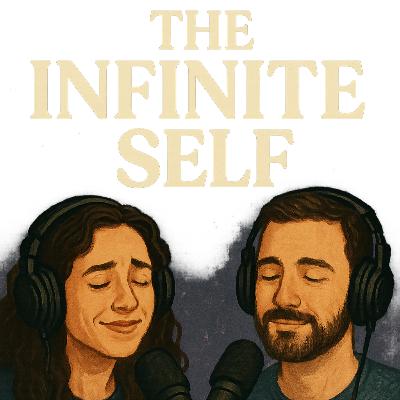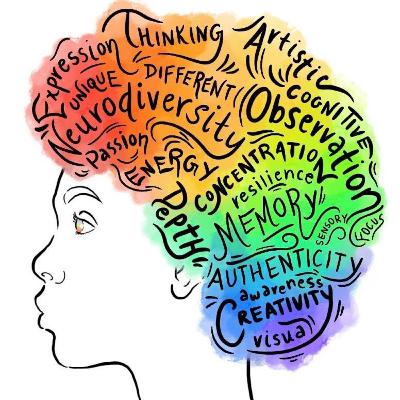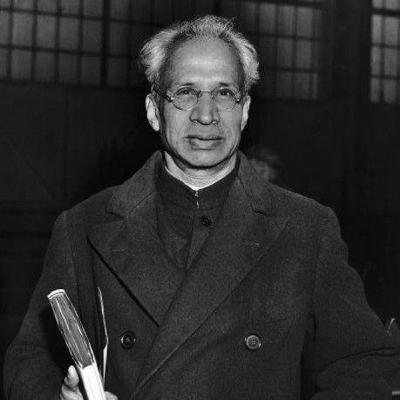The Psychology of Eating: Decoding Diet, Body Image, Obesity, & Eating Disorders
Description
Welcome to an essential exploration into the fascinating, and often challenging, world of diet, eating behaviour, and body image. Drawing on extensive research and insights from psychology, sociology, nutrition, and more, this episode delves deep into why we eat the way we do and how our relationship with food and our bodies is shaped by much more than just biology.
We begin by looking at healthy eating, examining current recommendations and the significant impact diet has on our health, influencing both illness and recovery. You'll discover that while information on healthy eating is readily available, people's motivations can be surprisingly contradictory.
Next, we unpack the complex meaning of food. Food isn't just fuel; it's intertwined with culture, religion, and social power. It can represent self-control or a loss of control, embodying conflicts between pleasure and guilt. Understanding these deeper meanings is crucial to understanding food choice.
The episode then confronts the powerful influence of body size. We reveal how the media, particularly in Western cultures, perpetuates an ideal of thinness for women and increasingly a muscular ideal for men, fostering powerful stereotypes. A larger size is often negatively associated with laziness or lack of self-discipline, while thinness is linked to attractiveness, control, and success. This media saturation significantly contributes to body dissatisfaction, a widespread concern, particularly among women.
We then tackle the ubiquitous world of dieting. You'll learn that while the dieting industry often presents itself as a solution to health problems, it frequently targets individuals who are not medically overweight, driven instead by aesthetic desires shaped by media ideals. The industry perpetuates the belief that thinness is universally desirable and achievable through dieting, constantly expanding its market.
We also explore the surprising finding that attempting to diet, or being overly restrictive, can sometimes lead to overeating. This phenomenon, explained by psychological models like restraint theory, highlights the potential pitfalls of constant food denial and the impact of cognitive factors when dietary rules are broken.
Our conversation moves to obesity, discussing how it's defined and its clear links to health issues. While genetics play a role, factors like decreased physical activity and the modern "obesogenic environment" (influenced by the food industry and sedentary lifestyles) are key contributors. We discuss the challenges in treating obesity, including the reservations of health professionals and the often limited long-term success of traditional weight loss programmes, though modern multidimensional approaches and surgical options offer benefits. Importantly, we highlight that successful weight loss maintenance is linked to a combination of individual characteristics, behaviours, psychological factors, and even significant life events.
Finally, we address eating disorders, specifically Anorexia Nervosa and Bulimia Nervosa. We examine their historical context, noting the rise in reported cases of Bulimia after its formal description. We explore the psychological and social theories attempting to explain these complex conditions, from psychoanalytic perspectives viewing symptoms as expressions of conflict and need for control, to cognitive models focusing on faulty thinking and perfectionism. We touch on treatment approaches, including the evidence supporting therapies like Cognitive Behavioral Therapy (especially for Bulimia) and Family Therapy (particularly for younger patients with Anorexia).
Join us as we navigate this complex landscape, moving towards a more integrated understanding of diet and eating behavior in the modern world.







